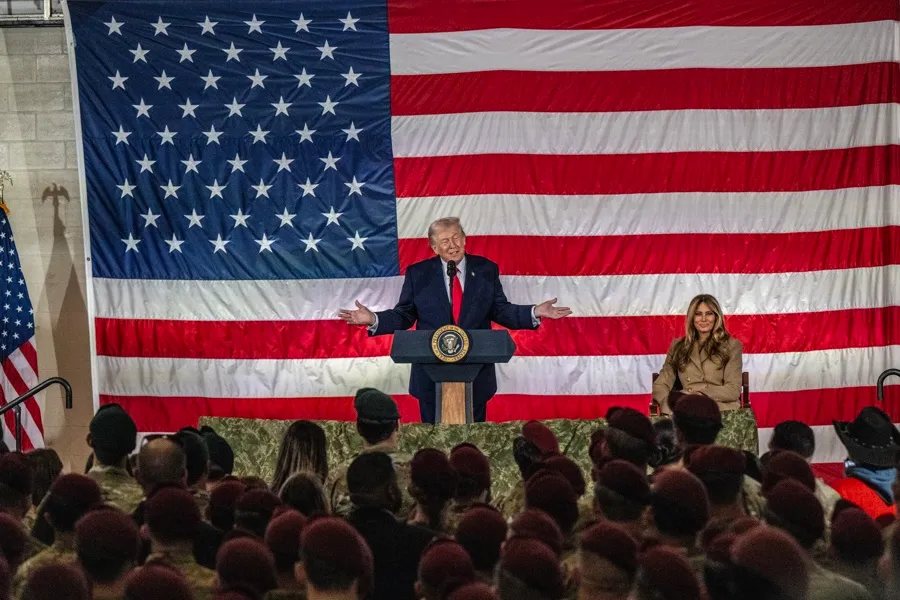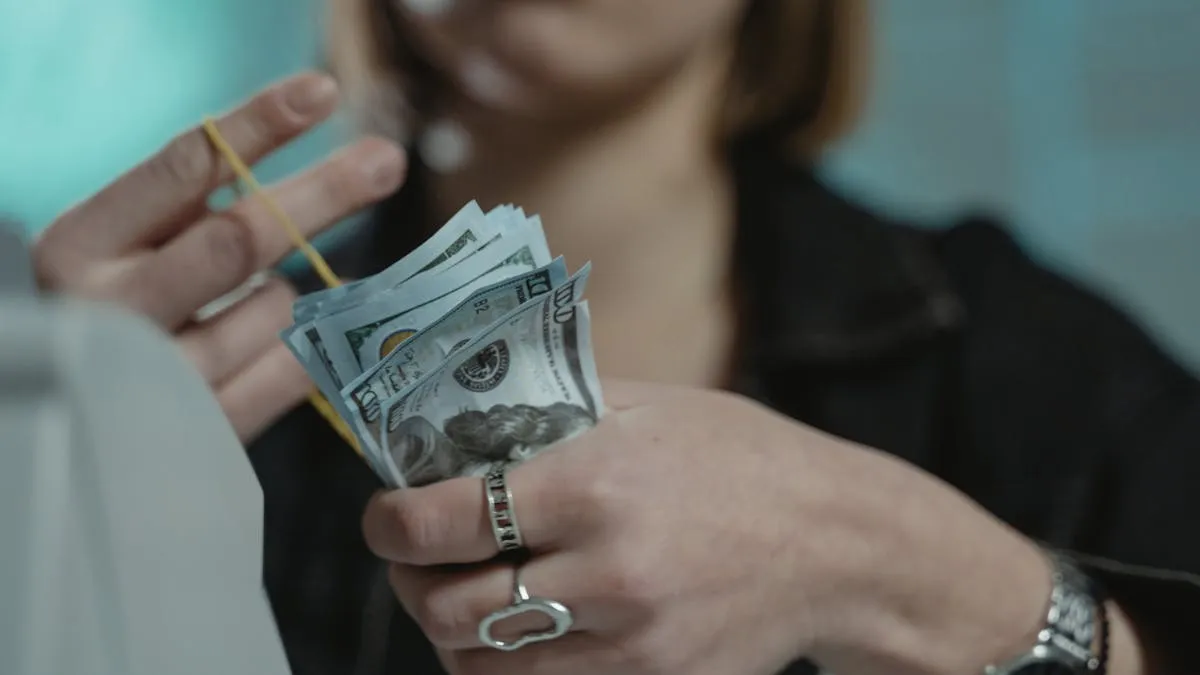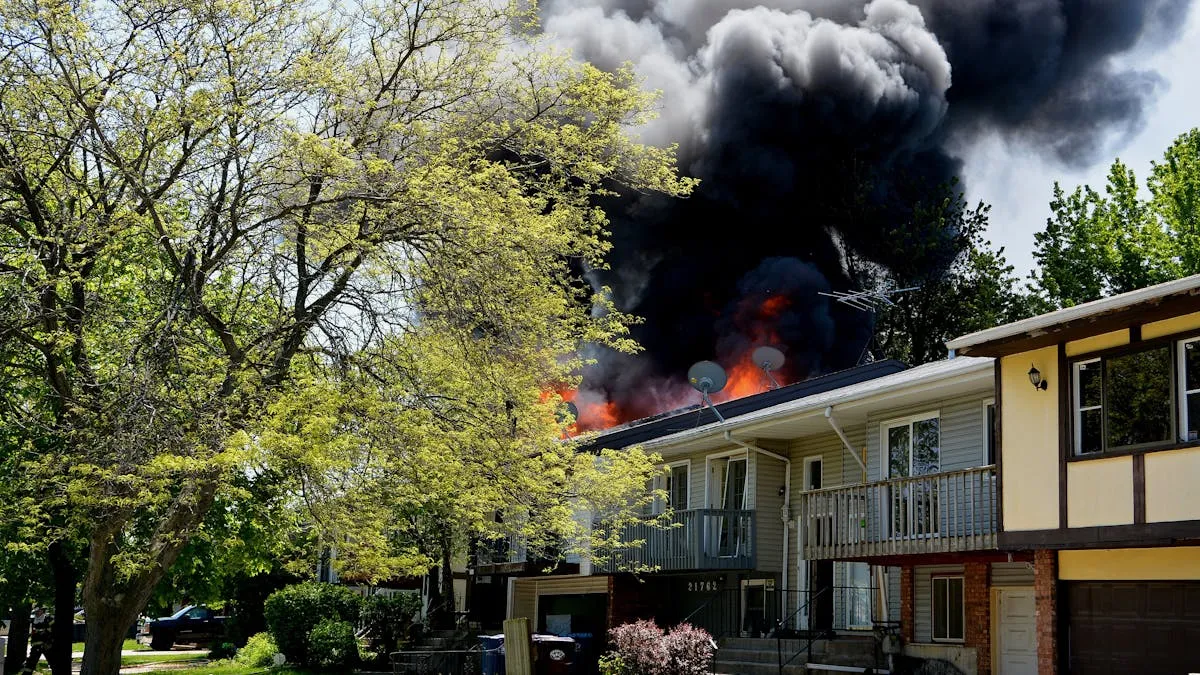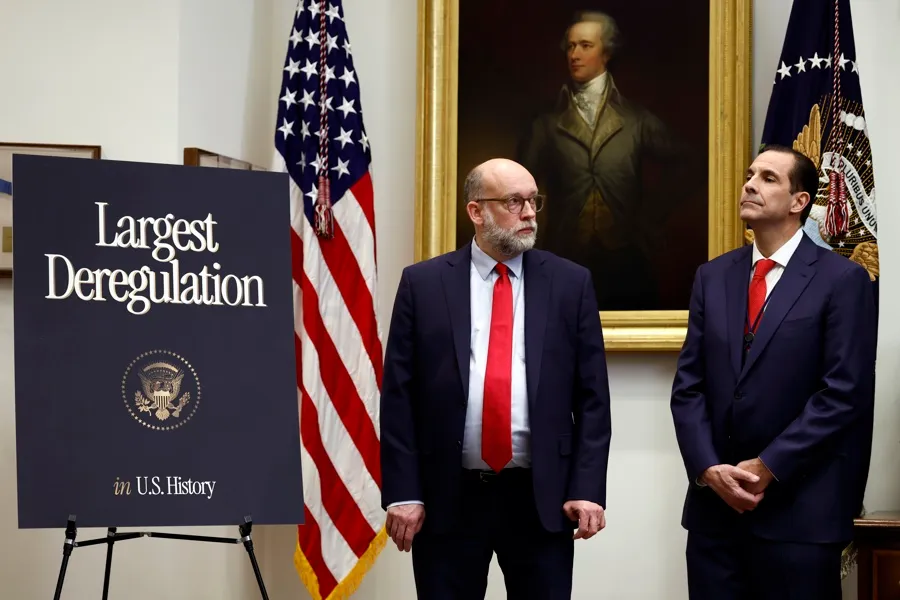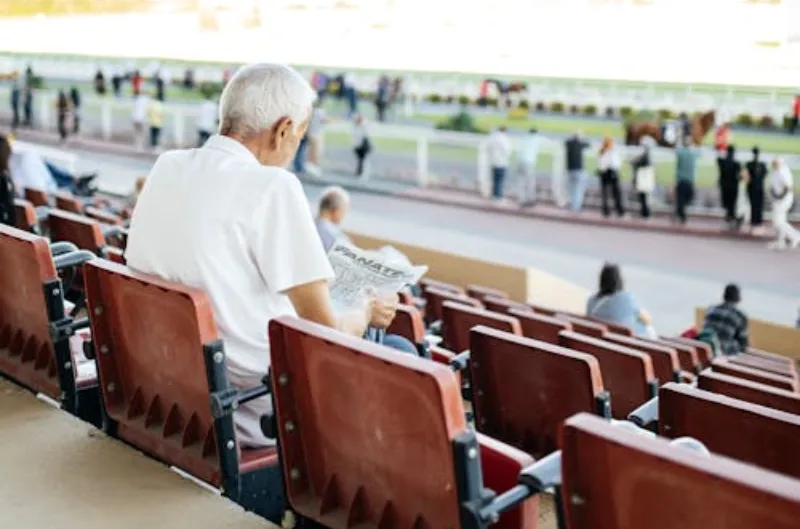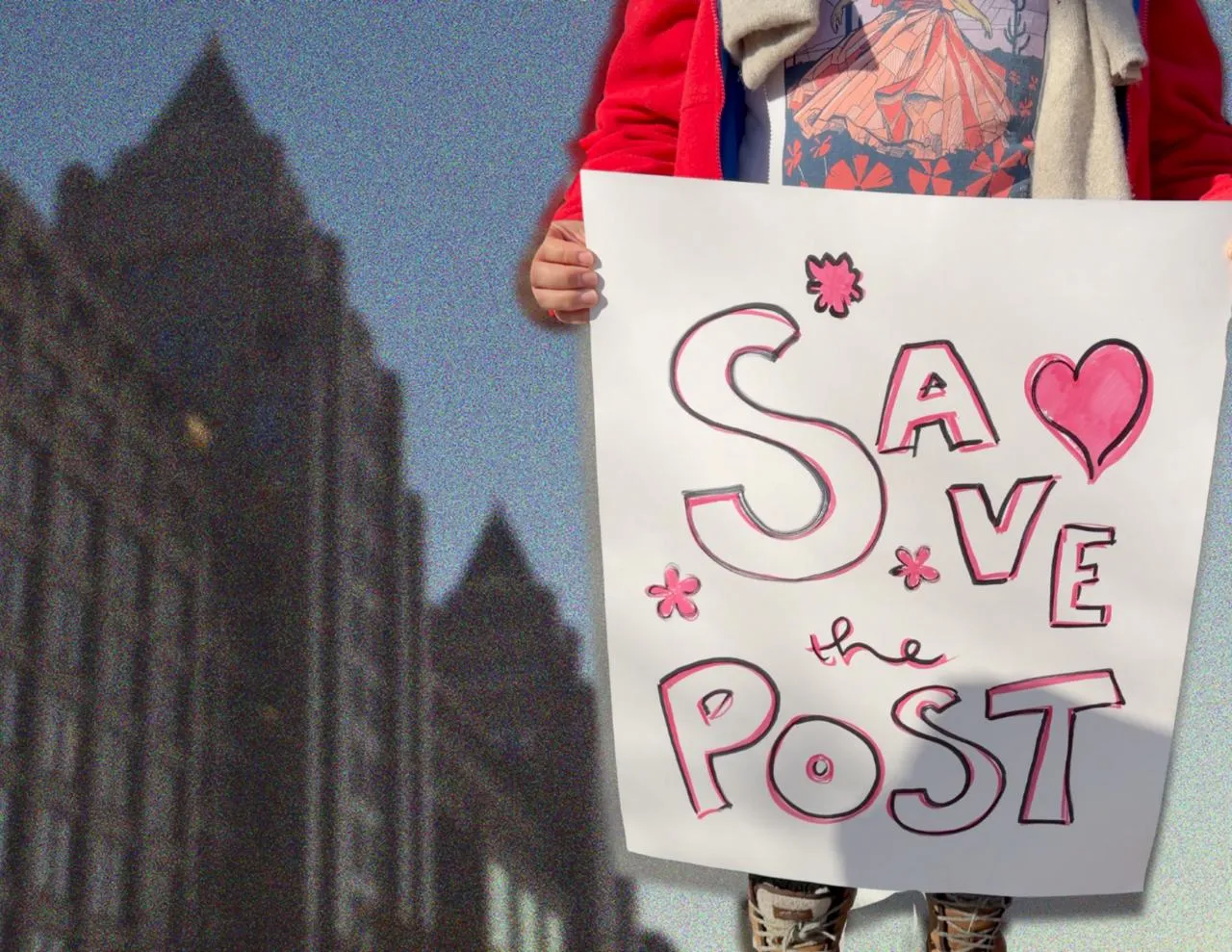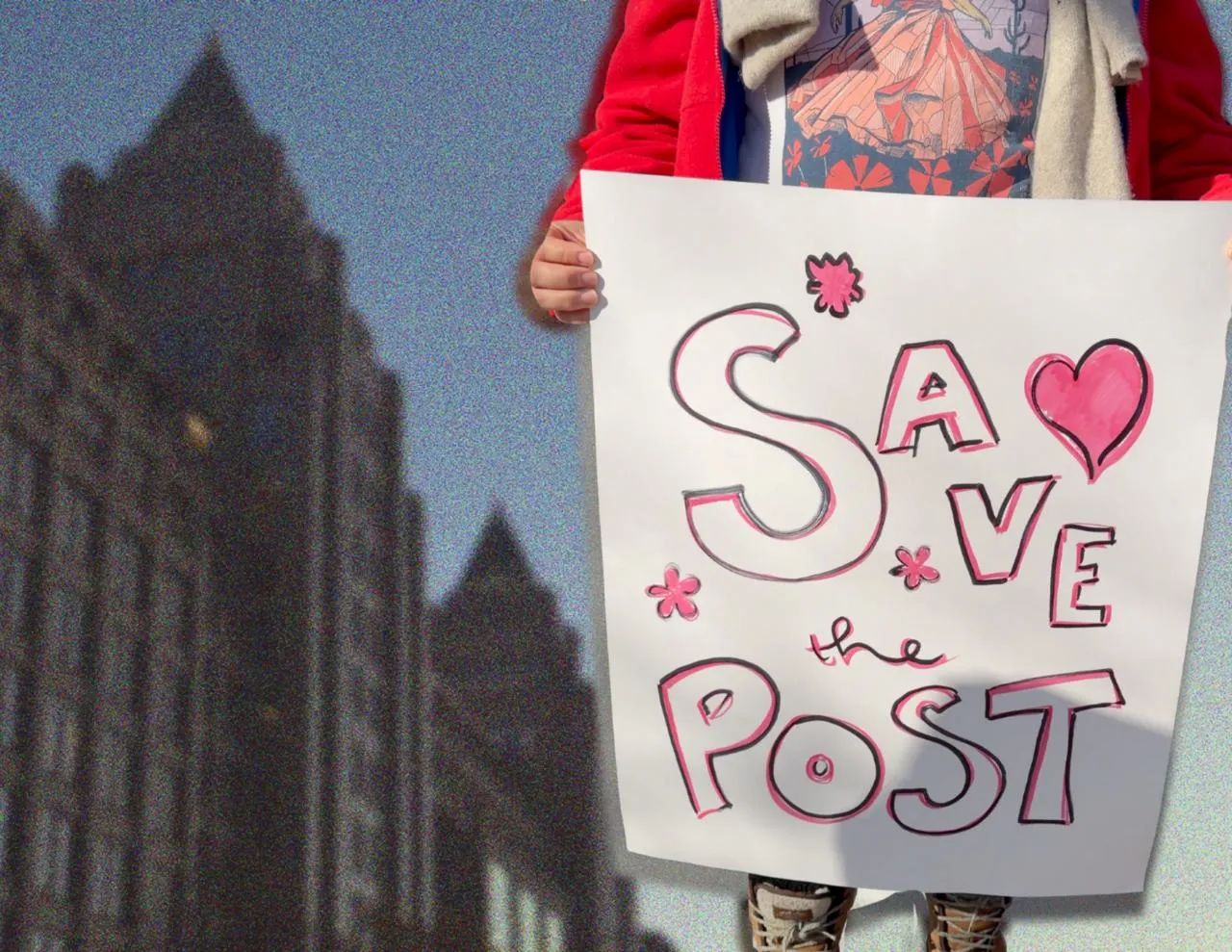Statistics from the NGO Caritas show that a shocking 85 percent of Venezuelan children suffer from malnutrition. Nine hundred people die every day in hospitals due to medicine shortages and lack of treatment. Some serious illnesses which had long since been eradicated in the country, such as polio and malaria, are now resurging. Nowadays, the minimum monthly salary is $5, which is not enough to buy a dozen eggs; hyperinflation has reached a staggering 1,700,000% and it is projected to jump to 10,000,000 this year, according to the International Monetary Fund. More than 5 million people have left the country, half of them displaced.
Life inside Venezuela continues to be chaotic. Two weeks ago, there was a massive blackout that left 90 per cent of the country without electricity. There is no running water in many cities and towns, so people are taking it from the dirtiest rivers. At least 10% of the population are feeding themselves from garbage cans. Refugees are fleeing by the millions, causing serious problems in neighboring countries that are not prepared to receive this amount of people, including high numbers of malnourished children.
The regime’s ability to retain its grip on power is no surprise to Venezuelans, who for years have tried every conceivable non-violent route to oust Maduro. Venezuelans are not only fighting an authoritarian, militarized government that is ready to do anything in order to remain in power, including blocking humanitarian aid, they are also affected by other groups exerting influence in the country. There are vast areas of territory that are not controlled by Maduro, but rather by members of the Colombian guerrilla ELN and local paramilitary groups called “colectivos”, who are now making a living from criminal activities such as drug and human trafficking, illegal gold mining, and extortion. Furthemore, Cuban agents have infiltrated and monitored the Venezuelan army for years, to ensure any dissenting member is arrested or tortured. According to Amnesty International, more than 22,000 people are assassinated every year and over 8,000 have been executed by Maduro’s forces.
In other words, the invasion has already happened.
How can Venezuelans recover its basic guarantees? More than 50 countries have supported Venezuela’s interim president Juan Guaidó, new economic sanctions are in place, and the United States has insisted on keeping “all options open” for a transition of power. At the same time, the opposition has made an attempt to reduce Maduro’s exit cost by offering amnesty to government officials and military who are involved in crimes against humanity, drug trafficking and terrorism. Nevertheless, the dictatorship goes on.
At this point, many Venezuelans are in support of an international military coalition to activate an emergency humanitarian aid in safer zones along the border. The Venezuelan National Assembly can legally request that the United Nations deploy “peace forces”, and willing partners could provide the boots on the ground to ensure that the aid reaches those people who need it the most. Juan Guaido, as legitimate interim president, can request assistance from a coalition of governments such as the US, Brazil, Colombia or Canada. This would not be a war or a military operation to remove Maduro. It would be a corridor for humanitarian aid.
Although it is important to mind the mixed results of many of the US past interventions in Latin America and be aware of US strategic interests in Venezuela, we must also understand the urgency of the present moment, listen to Venezuelans, look at the numbers and think about what is the right thing to do.
Time is running out and we are witnessing the slow genocide of Venezuelans, who wonder every day whether this tragedy can get any worse.
The country has been kidnapped. Is it reasonable to ask a hostage to rescue himself?



